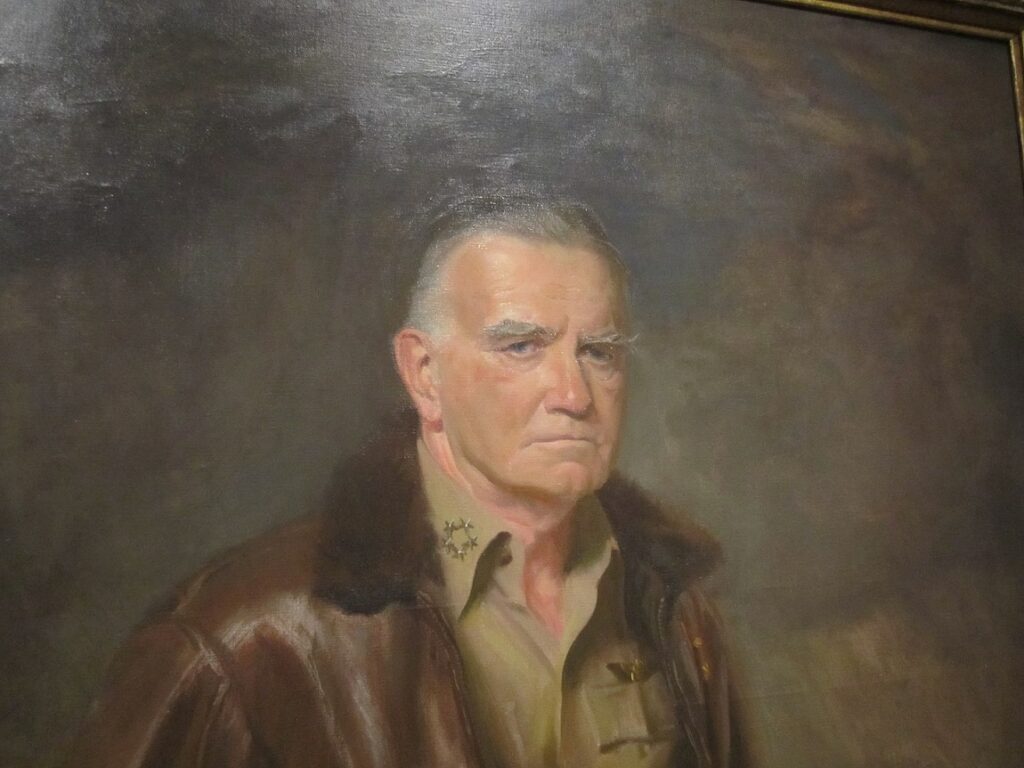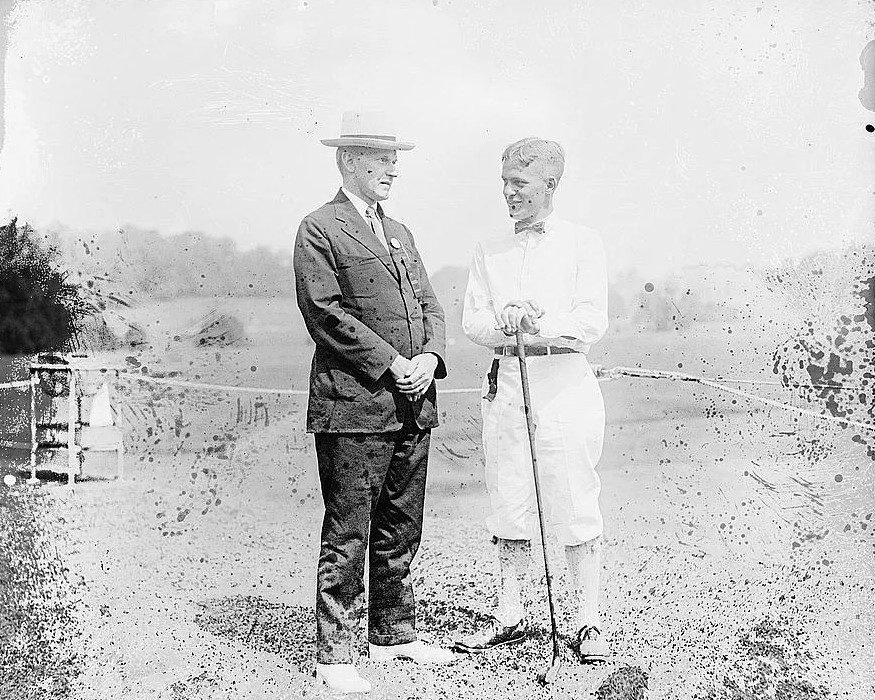Everyone talks about fake news.
"Fake News" keeps getting attention; however, I am not sure why. After all, fake news is nothing more than someone being inaccurate. The question we should ask is, "Do they do it deliberately?" I am sure that there has been fake news since the first homo sapiens communicated. Miscommunication, or fake news, occurs for many reasons. Sometimes, people are confused and do not understand what others tell them; sometimes, someone makes an error and reports erroneous information; and sometimes, a person lies. However, I know that what someone views as a lie may be another person's truth—ask the political right and left.
My first experience with scrambled messages occurred at a birthday party when I was six years old. I had a sudden realization about how a message can get incredibly messed up. The partygoers, myself included, participated in an activity called the "Telephone Game." Many of you may have played it. At the birthday party, we all stood in a straight line, shoulder to shoulder. The person at the far right of the line would say some word or phrase into the ear of the person next to them. That person then would repeat the word or phrase to the next person. After the verbiage was passed down the line, the person at the end would state what they heard, and the person at the beginning of the line would state what they had said. It was amazing to me as a six-year-old how those in the line scrambled the initial word or phrase.
There are two good examples of fake news that occurred long before the term came into vogue. The first example involved radio programming. In 1938, Orson Welles and a group of actors broadcast a program on The Mercury Theatre on the Air; these performers simulated an invasion from outer space. These actors convinced the public that Martians were invading the world. Eventually, the audience realized that there was no invasion, but not before there was some degree of panic. The program's purpose was to entertain, not provide fake news. However, it was fake but received as news.
On November 3, 1948, the Chicago Daily Tribune ran a headline that read, "Dewey Defeats Truman." Of course, we know that Truman won that presidential election. This is the kind of fake news where it is easy for people to see the mistake. It should be noted that these two examples were not intended to be malicious. Today, I find that fake news tends to be mean spirited.
In society today, we spend so much time on the phone, texting, or reading TikTok that what we communicate often gets scrambled. I wrote a text message, proofed it, and sent it off, only to discover later that there was a significant typo that warped the meaning of the message, the digital equivalent of the telephone game. And I am sure you made a mistake in leaving a phone message.
We must make every effort to avoid the "Telephone Game" error. In our society, when people circulate information so rapidly, an error can have a traumatic impact. Managers and leaders must be prudent to ensure that what they say is well communicated and understood, which are the hardest things to accomplish. Constantly, we read about a person making a comment they thought was harmless, only it offended someone else. The offense may be due in part to the thoughtlessness of the person speaking, and it may be due to the fact some people are easily offended. Both create a problem.
The same is true of our relationships. How often have co-workers, leaders, spouses, friends, or parents said something that was not well communicated or was totally misunderstood, especially after it has been repeated several times? Discord results.
What is in a name?
One of the outstanding admirals during World War II was Fleet Admiral William Frederick Halsey Jr.
Halsey was made commander South Pacific Area and led the Allied forces over the course of the Battle for Guadalcanal (1942–43) and the fighting up the Solomon chain (1942–45). In 1943, he was made commander of the Third Fleet, the post he held through the rest of the war. He took part in the Battle for Leyte Gulf, the largest naval battle of the Second World War and, by some criteria, the largest naval battle in history. He was promoted to fleet admiral in December 1945 and retired from active service in March 1947.
Admiral Halsey had an intriguing nickname. He was known as "Bull" Halsey. When I became a young army officer and started studying generals and admirals and their management styles, I thought that having an admiral named "Bull" was very interesting. Impressive. If you look at pictures of Admiral Halsey, he seems stoic, tough, and rugged, like a bull. The image in this blog displays his rugged demeanor. Recently, I decided to find out how he got his name, so I did a little research.
Most sources say that the press decided to use the nickname "Bull" because they thought it fit his style. Halsey, in his autobiography, indicated he did not pick the nickname, nor did the Navy; the press did. He also claimed he preferred Bill. That was his name. Fortunately for the admiral, "Bull" was a good representation of his persona, even if it was fake news.
While we may worry about fake news, let's not focus on it like it is something new or even unique. Instead, we all should work hard to avoid accepting something at face value because it appears in a book, text, internet site, newspaper article, or is touted on a news report on cable television. After all, fake news only survives because we let it. Our problem, however, is that it is easier to accept something, especially if we agree with it, than it is to find out if it is true. You can help control fake news by not accepting something before you have verified it. Corroboration is critical.
Many decades ago, there was a television show called "Dragnet." It was a little hokey; however, it had one great recurring theme. One of the characters, who was a detective, always would say to a witness, "Just the facts, nothing but the facts." It is a shame that we do not focus on facts. While finding out the truth can, at times, be painful, it usually is better in the long run than fake news in any form.
If you have not read the blog that describes the "However View," click here.
The picture is from the National Portrait Gallery, Washington, D.C.





